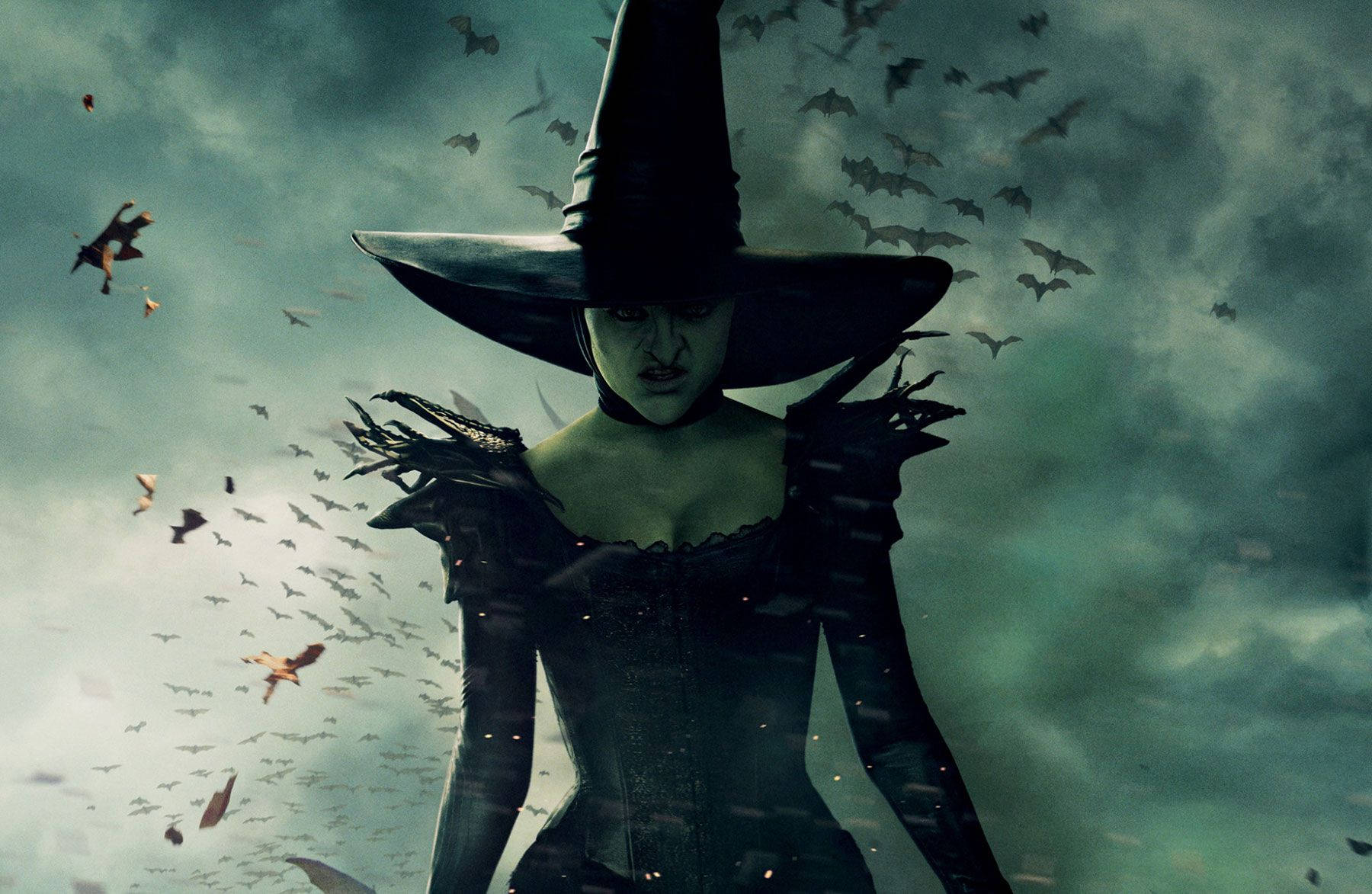
FAQ About Magic in the Middle Ages
Magic in the Middle Ages
2 years ago | gizem
How did medieval scholars and philosophers view magic?
Medieval scholars and philosophers had diverse views on magic, ranging from enthusiastic support to vehement condemnation. Their perspectives were influenced by various factors, including their religious beliefs, cultural backgrounds, and exposure to different intellectual traditions. Here are some of the main ways medieval scholars and philosophers viewed magic:
- Christian Theologians and Scholars: Many Christian theologians and scholars viewed magic with suspicion and considered it a sinful or heretical practice. They believed that magical practices, especially those involving communication with spirits or seeking supernatural powers, were forms of sorcery or witchcraft and were in opposition to the teachings of Christianity.
- Aristotelian and Neoplatonic Philosophers: Some medieval scholars, particularly those influenced by Aristotelian and Neoplatonic philosophies, had a more nuanced view of magic. They recognized the distinction between natural magic, which was considered a part of natural philosophy, and demonic magic, which involved illegitimate or diabolical practices.
- Alchemy and Hermeticism: Scholars interested in alchemy and Hermeticism often saw magic as a spiritual pursuit that could lead to knowledge of the divine and the attainment of spiritual enlightenment. Alchemy, in particular, was seen as a mystical and spiritual path that aimed at the transformation of the soul.
- Astrologers and Astronomers: Astrologers and astronomers frequently incorporated astrological practices into their worldview, considering celestial influences on human affairs. While some viewed astrology as a legitimate science, others saw it as a form of divination that could be problematic from a religious perspective.
- Medical Scholars: Some medical scholars recognized the role of magical practices in healing and medicine. For instance, the use of herbal remedies and charms was common in medieval medical treatments. However, there was often an effort to distinguish between legitimate medical practices and superstitious or occult beliefs.
- Humanists and Occultists: Humanist scholars and occultists showed an interest in the study of ancient magical texts and mystical traditions, often drawing from a wide range of sources, including Arabic, Jewish, and Greco-Roman texts. They saw magic as a source of hidden knowledge and sought to uncover ancient wisdom.
- Folk Traditions: In local communities, folk traditions and beliefs in magical practices were widespread. These beliefs often coexisted with official religious views and scholarly opinions, creating a diverse and complex landscape of magical beliefs.
